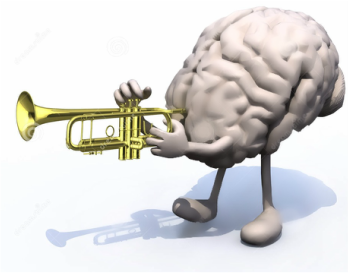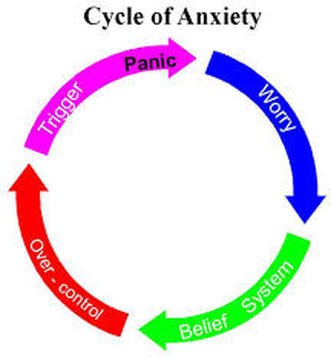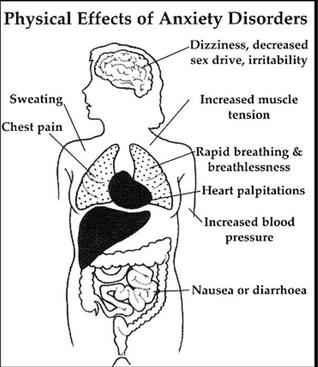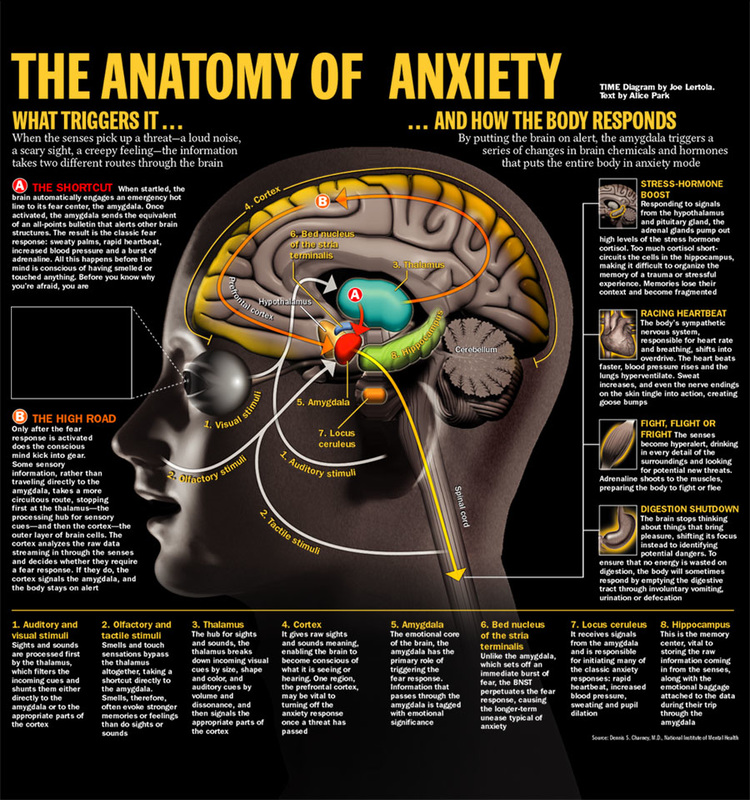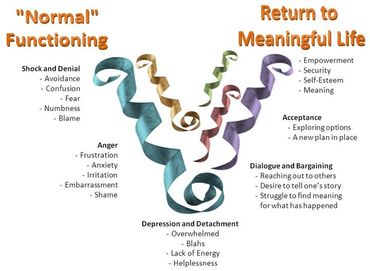 This blog entry is in response to the individuals who lost their life in the shooting at Pulse night club. I give my genuine condolences and sincere thoughts and prayers to the soles in the club and their families. Recently I have been calling in to the radio station, 96.5 WDBO and commenting under the name of "Mark the therapist" in an attempt to offer help and guidance. Many, if not all will be adversely affected by this tragedy and will go through the grief process. A basic understanding of the stages of grief along with therapeutic suggestions (what to do) will be described in this entry. 5 Stages of Grief: There are 5 stages of grief that are denial, anger, bargaining, depression and acceptance. These emotions and thoughts are not experiences in any general order. It is completely normal to feel any one of these emotions at any time especially during the early stages of grief. The emotions associated with grief and loss is universal to all walks of life. Below is a brief description of each with basic examples. Denial: Denial is often one of the first emotions experienced during grief and the brains way of attempting to cope with the new reality of loss. This includes feelings of disbelief, trying to rationalize what happened, and often isolating from others. Sometimes one will feel that the deceased person will return or is still with us. This is also completely normal in the beginning stages of grief and the brain’s way of trying to cope. Bargaining: Similar to denial, this includes feelings of disbelief, trying to rationalize what happened, and often blocking the memories of the traumatic event. Thoughts like: “If only I had told my friend not to go”, “If had just called him a few minutes earlier.” Anger: Anger and depression are one in the same – just in different forms. The anger towards the shooter is inevitable. Because we cannot directly communicate with shooter, we experience anger towards others, frustration and confusion. Many people experience an increase in anger at work, while driving or with loved ones. Depression: Depression is often repressed anger. Depression also includes the feeling of pure loss and trying to accept that we will never see the person again. This feelings such as a pit in the stomach, thoughts of remorse, regret and sometimes guilt. If you find that you or your loved ones start to isolate from others for more than a few hours at time, consider seeking help. Acceptance: This is the stage when our brain starts to cope and understand what has happened. We continue to feel the stages of grief, but to a much lesser affect. The experience of loss never completely goes away, it just becomes more manageable. How long does it take to feel better? – Everyone is different and there is no universal answer. Generally the outcome depends on what you do after the loss and you coping skills. Try to engage with others, share your emotions and thoughts with them. Your brain will be able to make sense of what happened sooner that it would if you isolated yourself. Usually, the brain takes about 30 days to make new neural connections and “feel different”. The first few days to two weeks are the hardest although many begin to start feeling a little better after about a week. Is it normal if I just start crying out of no where? Absolutely – Yes. Emotions and pain build up inside us and we cannot always control when our brain decides to purge our emotions. Crying is necessary and don’t fight it. What else can I do to help myself grieve? Create your own positive meaning of the lives lost. Remember the people who lost their lives in appositive way and the positive impact their loss had on the community. Reframe the loss in a way that brings a positive view of what happened. Take a break from the grieving. It’s ok to watch a movie and escape for a few hours. Your grief will be there when you return to it. The brain needs a break from the grief to heal just like your muscles need to rest. When should I seek counseling? When you feel overwhelmed and notice an excess of anger, anxiety and depression. You may notice you have difficulty sleeping or feel anxious almost all the time. If this happens more than a few weeks, seek counseling. Remember, you don’t deserve to feel bad and it is your right as a human being to feel good. Who do I see for help? For talk therapy without medications, you would seek a licensed mental health counselor. The letters after the clinician’s name would look like this: LMHC, LPC, PSYD, LCSW. Contact your insurance company or look a for therapist who accepts self pay. I also offer online therapy via Skype, self pay only. Disclaimer: This is blog entry is not for the purpose of diagnosis or treatment of a medical condition. Please consult your physician if you experience a more serious condition or symptoms. 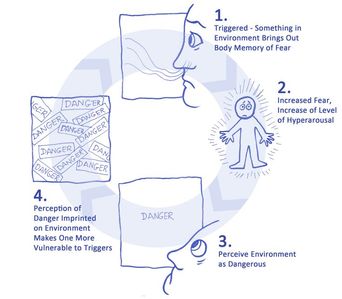 Click image to enlarge, Click image to enlarge, The purpose of this blog entry is to gain further perspective into the automated psychological responses of pre-anticipatory anxiety and performance. Many performers experience a derogatory inner voice which may include “what if”statements such as, what if I make a mistake, what would others think?’ Other inner thoughts may include, “I am not good enough, I can’t this, etc..” Understanding how these thoughts can cause psychological stress will be clarified in this blog entry in relation to neurochemical and physical responses. With understanding, awareness and clarity, it is possible to overcome and effectively manage stress and pre-anticipatory anxiety related to performance. Here are a few basic examples of a psychological response. If you have ever almost been in a car accident and experience your body become tense, rapid heart rate, sweating, even dizziness. This response is involuntary and occurs because the brain perceives you are in imminent danger. Another example is if you have experienced fear while watching a horror movie. Although you are not in actual danger during the horror movie, the body and brain perceives fear the same. The primitive response part of the brain cannot tell the difference between actual reality and perceived reality and therefore cannot determine if you are in actual danger or perceived danger. The same psychological response may occur (rapid heart rate, sweating, tense muscles). This is directly related to performance and here’s why. An upcoming performance can induce fear by thinking false beliefs which include fear of making a mistake, being ridiculed by others, or being exposed as a fraud. This can lead to a physical and psychological response. Your body and brain cannot tell the difference between actual danger and perceived danger, therefore an automatic psychological response may occur. Neurotransmitter, Endocrine, and Adrenal responses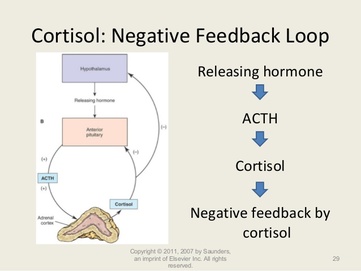 Click Image to enlarge Click Image to enlarge The physical and neurochemical response includes an over activation of a stress hormone called cortisol. Cortisol is responsible for 3 major functions which are designed to protect our bodies and keep us alive. These include raising blood pressure, increasing blood sugar or raising glucose levels, slowing down our immune system and increasing inflammation. The production is a natural reaction for the purpose of providing more energy dedicated to surviving. Cortisol influences sleep, circulation, heart rate, digestion, glucose levels, behavior and mood, digestion and many more functions. Cortisol is released by the outer cortex (outer layer) of the adrenal glands which are triangle shaped endocrine glands on top of each kidney. When the adrenal glands respond naturally (not in a state of stress) the adrenal glands would produce increased levels of cortisol in the morning to help us wake up and decreasing cortisol levels throughout the day. When reacting to stress, the cortisol level would increase as long as stress is prevalent. This primal system is called the hypothalamic-pituitary-adrenal axis and this is how it works. When stress is experienced, the hypothalamus gland in the brain tells the pituitary gland, also in the brain, that danger is present. The pituitary gland sends hormones (called ACTH) to the endocrine glands (on top of the kidneys) And tells the see each glands to start making cortisol. This happens automatically before we’re are aware of it! This alerts us that we may be in danger and we may need to either run (Flight), fight, or play dead (Faint). This experience is necessary if your being attached, but not helpful at all if you’re trying to perform and stay relaxed. Additional tools to manage performance anxiety How to do we manage this stress and what can we do about it? The answer is to practice being in a stressful performance situation. Try to find a stage and simulate the conditions of an actual performance. When doctors learn to operate, they first practice of with cadavers rather than on a live person. Acknowledge your fears increased heart rate and any sensations you have related to the simulated performance. Do not resist feeling afraid, just acknowledge it. After you practice the simulated performance, record your responses, thoughts, feelings and fears. Ask yourself if these fears and responses are valid. Write down how you would like to feel and do differently. Repeat this several times and continue to record your results by writing them down. The act of writing helps the brain further make sense and process your anxiety.
Confounding variables. When you practice in a controlled environment which eventually will feel normal and safe. You will most likely experience something different during the actual performance. These differences are called confounding variables. During an actual performance you may be bombarded with questions, here comments like “ Don't mess up”, or the room may be freezing cold. Try to create adverse conditions during your simulated practice so that your anxiety would be decreased during the actual performance. While in a state of anxiety it is important to practice deep breathing. Breath in for 5 counts and release the air in steady stream for 7 seconds. Disclaimer: This is blog entry is not for the purpose of diagnosis or treatment of a medical condition. Please consult your physician if you experience a more serious condition or symptoms including high blood pressure, persistent headaches or difficulty breathing. Stage fright and performance anxiety for trumpet players, brass players and other musicians.4/11/2015
F.E.A.R. False Evidence Appearing Real* Fear is related to escape and avoidance. * Fear occurs in the presence of an observed threat that is unfamiliar and the solution of the threat is unknown. * The threat can be physical or emotional. * When fear is not worked through, it remains in the subconscious and may manifest into anxiety. * When fear becomes excessive and dominates the consciousness, it can be anxiety. What can be done to decrease performance anxiety? When faced with a performance situation, there may be a tendency for an individual to experience fear because positive memories are not dominant or do not yet exist. The focus of the performance may be about what could go wrong rather than experiencing the actual performance itself. You may have thoughts such as “what if I make a mistake?” what will people think of me? Will I miss that note?” One may experience self-doubt which includes negative self-talk. Other examples of negative self-talk are: “You can’t play this”, “you’re going to mess up and everyone will know.” Negative self-talk is often experienced before a performance and is based on False Evidence. These thoughts are taking up space in your unconscious mind, not contributing to your well being, and need to be evicted. 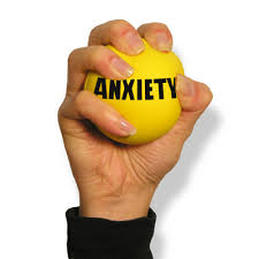 Ask yourself these questions: * What really happens if you’re not perfect? * Does any one get injured as a result? * Are your expectations actually measurable? * Are these your expectations yours or someone else’s? * How do your negative thoughts help you? * Do you become tense before a performance? * How would you like to feel different than you do? Mindfulness: Be aware of your physical responses to anxiety. Be aware of negative self talk. Write down both involuntary physical responses and negative self talk. Physical Responses: Acknowledge the physical responses and practice relaxation techniques such as deep breathing. Slowly inhale through the nose and slowly breathe out through the mouth. Practice keeping the air as steady as possible when breathing out. Notice the tension on your shoulders, neck and face start to diminish. Having a relaxed neck and throat is crucial in playing the trumpet. When playing trumpet or other brass instrument, it may be helpful to play as softly as possibly on lower notes while focusing only on the steadiness of the air. Negative self talk: Question the validity of the negative self talk. Are the negative things your saying about yourself actually true? What positive thoughts will you use to replace the negative thoughts. These negative thoughts serve no purpose and must be re-framed. Click image below to enlarge Disclaimer: This is blog entry is not for the purpose of diagnosis or treatment of a medical condition. Please consult your physician if you experience a more serious condition or symptoms.
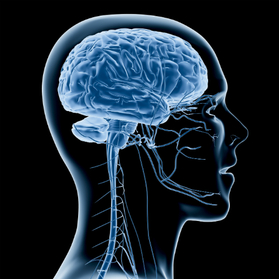 When practicing, most individuals play/practice until they get tired. This is with the belief that they will build endurance and strength, much like exercising or lifting weights. Musicians will play the entire exercise without resting and may feel fatigued. This causes the build up of lactic acid in the muscle tissues as well as the swelling of the tissues associated with trumpet playing. This causes the related muscles to become tense. The brain learns to relate playing the trumpet to being tense. This causes the body to react before playing the trumpet by what it learned from the previous experience of practicing until becoming tired. This is also known as muscle memory. So how does one practice without become tense and what are the benefits of this? The answer is playing for short periods of time and resting that same amount of time. For example - when playing a page from the Arban's book, would you try to play the entire page without resting? Or, would you play one line, rest equal amount of time, then proceed? The body and brain will react to the stimuli you present it with. If you practice how to play relaxed, you will get better at it. The interaction between the brain and the muscles associated with playing the trumpet react to the level of stress created each time you play. If the body can remain in a relaxed state, the performance will only become more efficient. This is also true for martial arts. A balance or relaxed state can be maintained at all times in time. Feel free to comment or ask questions on this blog. |
Archives
April 2020
Mark ZaussTrumpet player, Licensed clinical psychotherapist. Categories
All
|
